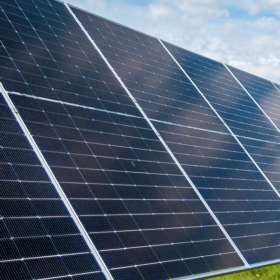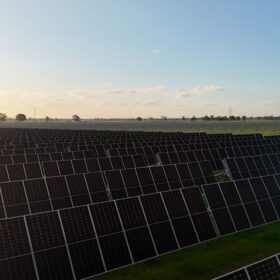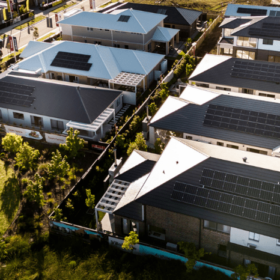The biennial report from the Australian Energy Regulator (AER) supports the argument that adopting a common framework is the best way to encourage future investment and efficiency and “secure the best outcomes for consumers”.
The Australian Energy Council’s Chief Executive, Sarah McNamara, said “the AER put the NEM under the microscope and found increased competition with large-scale solar and wind generation coming into the market.
“It also did not find any concerns over the exercise of market power, with falls in costs passed on through lower average generator offers.
“It reconfirms our expectation that changes in technology, market architecture and supporting infrastructure would, over time, address concerns raised by policy-makers and regulators about the functioning of the market.
“Clearly, the market worked as expected in the period under review, which is prior to the implementation of the Federal Government’s big stick legislation.
“Instead, the AER points to concerns about ongoing government interference bringing with it the potential to fundamentally change the investment landscape.
“The report notes that while there are concerns from government the market may not deliver sufficient new generation (particularly flexible generation) to replace retiring coal-fired plants, a barrier to entry is the various government schemes intending to underwrite generation investment which the market is also seeking to supply.
“Other uncertainties include changes in technology, likely future demand and what market design is finally agreed to.
“That should not be surprising. You need confidence in the market playing field before investors can commit to major investments that will be around for a long time.”






By submitting this form you agree to pv magazine using your data for the purposes of publishing your comment.
Your personal data will only be disclosed or otherwise transmitted to third parties for the purposes of spam filtering or if this is necessary for technical maintenance of the website. Any other transfer to third parties will not take place unless this is justified on the basis of applicable data protection regulations or if pv magazine is legally obliged to do so.
You may revoke this consent at any time with effect for the future, in which case your personal data will be deleted immediately. Otherwise, your data will be deleted if pv magazine has processed your request or the purpose of data storage is fulfilled.
Further information on data privacy can be found in our Data Protection Policy.